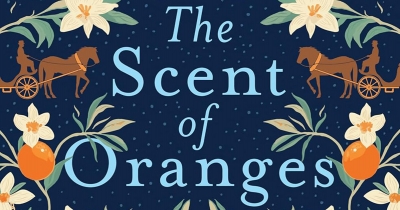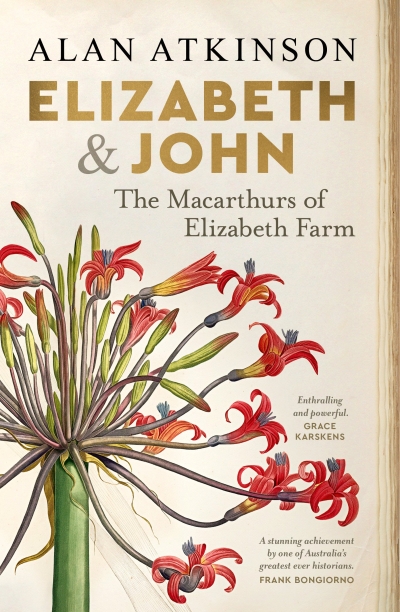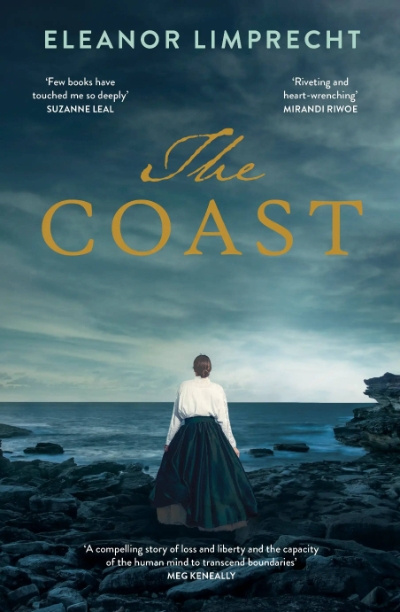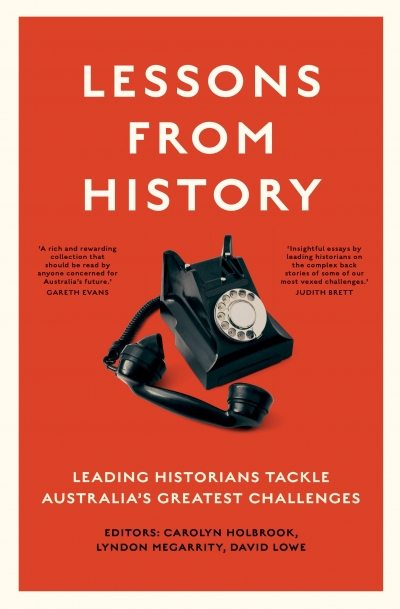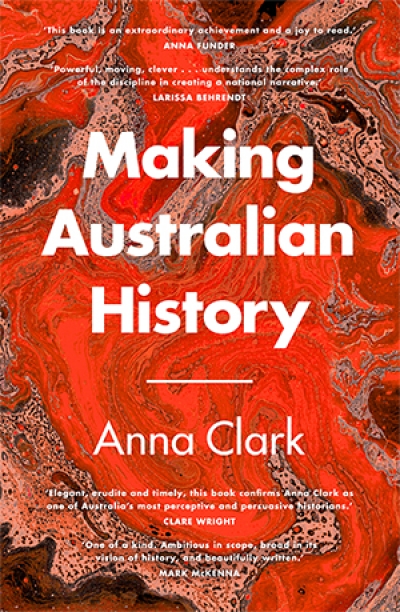Accessibility Tools
- Content scaling 100%
- Font size 100%
- Line height 100%
- Letter spacing 100%
Penny Russell
What the authors of these three wildly different books share is a gift for creating through language a kind of intimacy of presence, as though they were in the room with you. Emily Wilson’s much-awaited translation of The Iliad (W.W. Norton & Company) is a gorgeous, hefty hardback with substantial authorial commentary that manages to be both scholarly and engaging. The poem is translated into effortless-looking blank verse that reads like music. The Running Grave (Sphere) by Robert Galbraith (aka J.K. Rowling), the seventh novel in the Cormoran Strike crime series and one of the best so far, features Rowling’s gift for the creation of memorable characters and a cracking plot about a toxic religious cult. Charlotte Wood’s Stone Yard Devotional (Allen & Unwin, reviewed in this issue of ABR) lingers in the reader’s mind, with the haunting grammar of its title, the restrained artistry of its structure, and the elusive way that it explores modes of memory, grief, and regret.
... (read more)This week on the ABR Podcast historian Penny Russell reviews Kate Grenville’s new book, a fictional account of her maternal grandmother. In Restless Dolly Maunder, Grenville reckons with the life of a woman who left no written records but whose memory she carries from her childhood. Penny Russell is Professor Emerita at The University of Sydney and an historian of families, intimacy, and social encounters. Listen to Penny Russell’s ‘Mirrors on misery: A brilliant portrait of an unhappy marriage’, published in the September issue of ABR.
... (read more)
